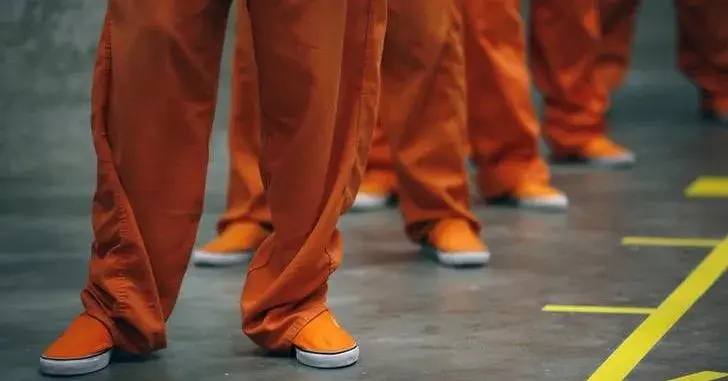Practices that are routine in U.S. prisons, like shackling women during childbirth and unpaid forced labor, are an “affront to human dignity,” and represent the “worst version of a racist criminal legal system” that perpetuates slavery to the present day, according to the U.N. report.



🤖 I’m a bot that provides automatic summaries for articles:
Click here to see the summary
Oct 3 (Reuters) - A U.N.-appointed panel issued a report last week documenting “shocking” violations of basic human rights and pointing to “staggering” racial disparities that place the U.S. criminal justice system in a singular category on the world stage.
Practices that are routine in U.S. prisons, like shackling women during childbirth and unpaid forced labor, are an “affront to human dignity,” and represent the “worst version of a racist criminal legal system” that perpetuates slavery to the present day, according to the U.N. report, which was published on Sept. 28.
The report was based on an investigation that included visits between April and May to detention centers in Washington, D.C., Atlanta, Los Angeles, Chicago, Minneapolis and New York, and testimony from officials and 133 affected individuals.
Those kinds of disparities also are reflected in the available data about virtually all of the most appalling rights abuses, including mistreatment of pregnant women, use of “incommunicado detention” – false arrests that are not officially acknowledged, often accompanied by other ill treatment – and forced, unpaid labor.
Authorities and business-people who support Louisiana’s system of forced labor have repeatedly sought to justify the practice with essentially the same “necessary evil” arguments made two hundred years ago by plantation owners, as legal scholar Michele Goodwin observed in a 2019 law review article on mass incarceration and “modern slavery.”
The U.N. report also discussed “incommunicado detention,” or arrests made without providing access to a lawyer or even information about the whereabouts of the detainee – another egregious category of rights violations that reflects similar disparities.
Saved 72% of original text.